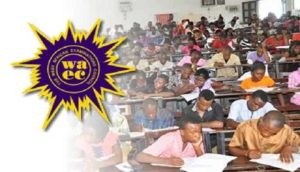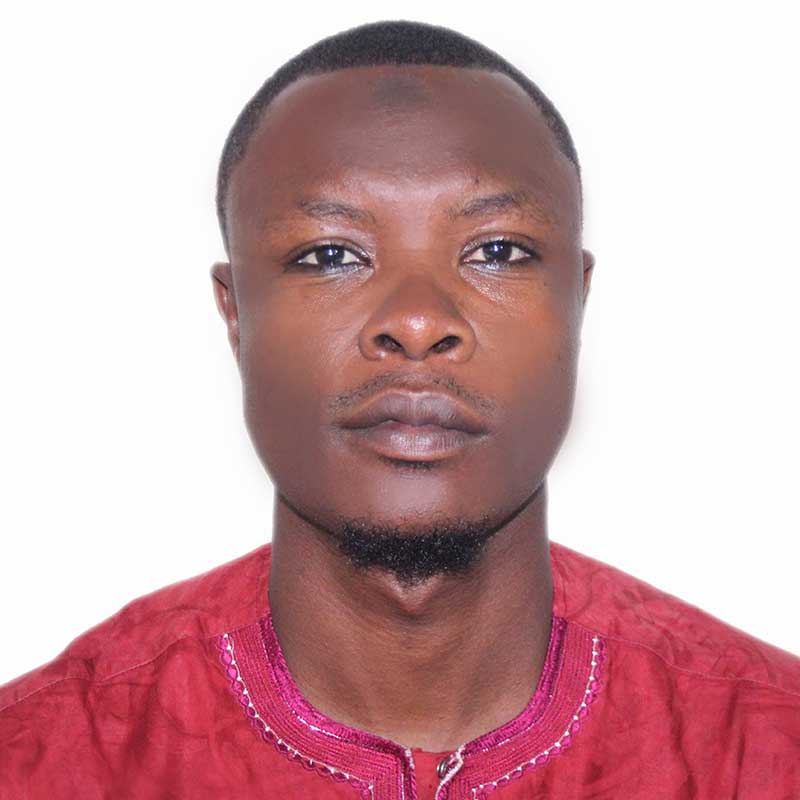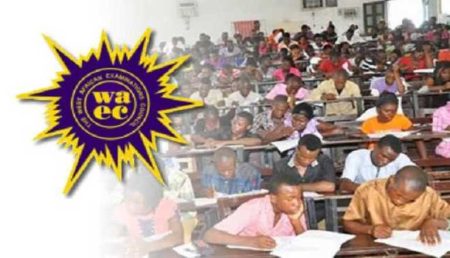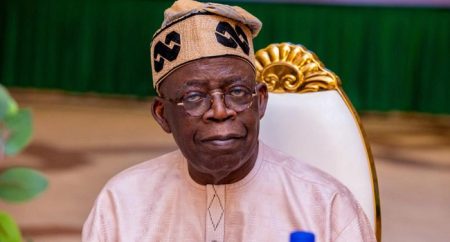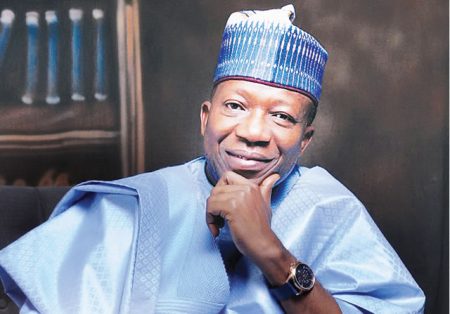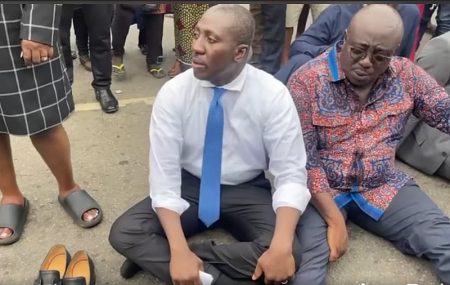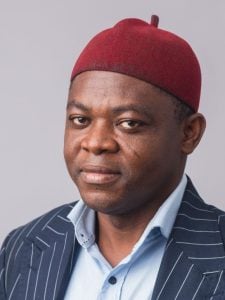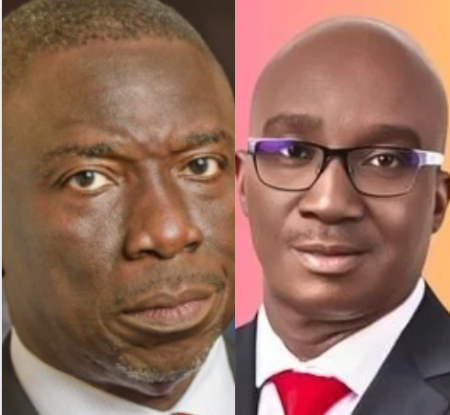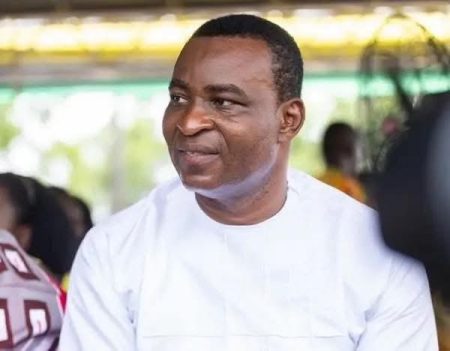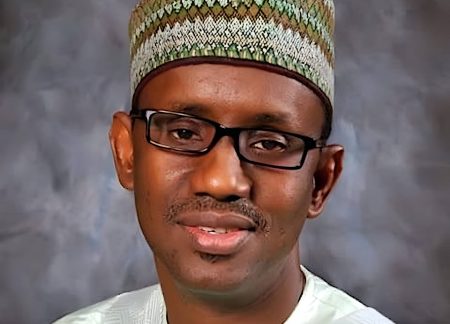The incident involving JoyNews journalist Latif Iddrisu underscores the persistent challenges faced by journalists in Ghana and across West Africa, where they often encounter intimidation, harassment, and violence while carrying out their duties. The assault, perpetrated by both security personnel and political party supporters, highlights a concerning convergence of state and non-state actors in suppressing press freedom and the public’s right to information. Iddrisu’s experience serves as a stark reminder of the vulnerability of journalists, particularly when reporting on sensitive political events or issues that may be critical of those in power.
The initial confrontation between Iddrisu and security personnel at the scene of the protest raises serious questions about the role of law enforcement in protecting journalists and upholding press freedom. The seizure of Iddrisu’s phone and the forced deletion of footage constitute a clear violation of his journalistic rights and an attempt to censor his reporting. This action by security agents not only infringes upon the journalist’s freedom to gather and disseminate information but also deprives the public of their right to access diverse perspectives and unbiased reporting. The incident underscores the need for greater accountability within security agencies and a clear commitment to respecting the role of the press in a democratic society.
The subsequent attack on Iddrisu by NPP supporters further compounds the gravity of the situation. Their actions, driven by apparent dissatisfaction with his live reporting, demonstrate a blatant disregard for press freedom and an attempt to silence critical voices. The physical assault, including striking Iddrisu on the head and the use of projectiles, highlights the potential for political gatherings to escalate into violence against journalists. This incident emphasizes the need for political parties to actively promote a culture of respect for the media and to condemn any acts of violence or intimidation against journalists by their supporters.
The NPP’s response to the incident presents a mixed message. While the National Youth Organizer’s apology is a welcome step, it is undermined by his simultaneous insistence that Iddrisu report on the actions of the security agents, something the journalist had already done. This deflection tactic creates a false equivalence between the actions of the security personnel and the physical assault perpetrated by party supporters. While both actions are unacceptable and warrant investigation, the physical violence against Iddrisu represents a more direct and immediate threat to his safety and well-being. The NPP’s response, therefore, falls short of a full and unequivocal condemnation of the violence against the journalist.
The incident involving Latif Iddrisu is not an isolated occurrence. It forms part of a broader pattern of attacks and intimidation against journalists in Ghana, raising concerns about the deteriorating environment for press freedom in the country. These incidents often go unpunished, creating a climate of impunity that emboldens perpetrators and discourages journalists from carrying out their crucial work without fear of reprisal. The lack of accountability for past attacks undermines the rule of law and sends a chilling message to the media community.
Moving forward, a comprehensive response is required to address the root causes of violence against journalists and to ensure accountability for those responsible. This includes thorough and impartial investigations into all reported incidents, followed by swift prosecution of perpetrators. Security agencies must be trained on the importance of protecting journalists and upholding press freedom. Political parties should actively promote a culture of respect for the media within their ranks and publicly condemn any acts of violence or intimidation against journalists by their supporters. Furthermore, media organizations should prioritize the safety and security of their journalists by providing them with adequate training and resources to navigate potentially hostile environments. A collective effort is needed to create a safe and enabling environment where journalists can carry out their essential role in a democratic society without fear of reprisal.


